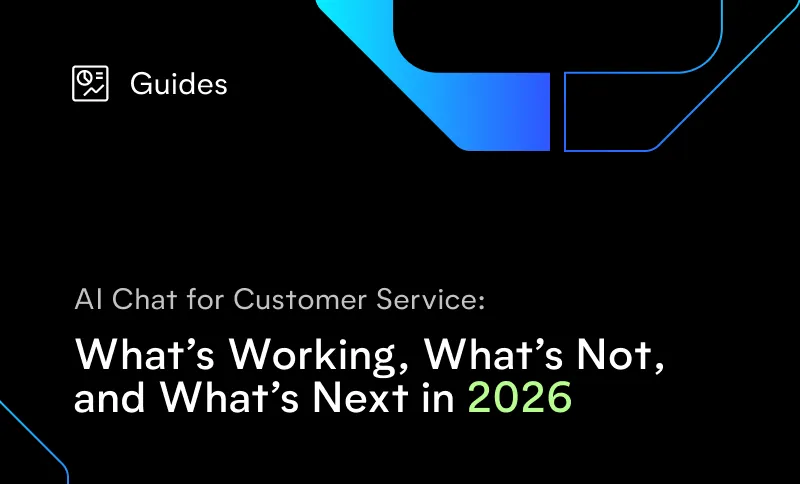
Remote Call Center Solutions in 2022
As workers around the country re-evaluate what their work life should look like, the Great Resignation continues. According to Fortune, “the number of American workers quitting their jobs hit record highs in November [2022], with 4.5 million people walking off the job.” Remote call centers are feeling the effects as some studies indicated up to 40% of customer service representatives were expected to leave their jobs last year.
These alarming statistics should prompt the exploration of solutions that will not only help handle the extra call volume but also improve the ability to address more complex inquiries without human interaction. Machine learning conversational AI is one answer as such technology can easily handle natural language inquiries and dialogue management.
How has the Great Resignation affected call center operations?
Remote call centers have struggled as employees reconsider the definition of meaningful work in their lives. This has caused new, unforeseen, and unplanned call center workforce management issues as well as made recruitment of new employees and retainment of existing ones even more difficult. According to Gartner, only one in three customer service representatives are engaged, with disengaged staff 84 percent more likely to look for a new job.
What are some of the most effective call center solutions in 2022?
Although self-service is one solution, it tends to try to deflect calls away from call centers and often does not resolve customer service issues completely. Machine learning conversational AI like Replicant’s Thinking Machine is the best solution, which fully resolves issues over any channel by using accurate, fast, and natural conversation.
Why are current solutions failing to address this problem?
By examining results associated with traditional solutions, it’s clear that they are not solving long-term staffing issues. Seasonal hiring and business process operations solutions don’t necessarily guarantee lower handle times or improved customer satisfaction and can lead to cost overruns, inefficient training, and damage to a brand’s reputation.
Legacy solutions such as interactive voice response, self-service deflections, and agent assist solutions often force customers to stay on rigid menus, deal with lengthy hold times only to be deflected elsewhere, and frequently repeat their requests at each change of system or agent. Around 56 percent of consumers report that automated telephone systems are the most frustrating part of the customer service experience.
How does automation solve these employee turnover problems?
Machine learning conversational AI not only solves short-term pandemic-related problems, but it immediately eases remote call center strain and stress. By eliminating hold times and improving customer satisfaction, conversational AI solutions safeguard against future unpredictability and protects the brand’s reputation. Out-of-the-box solutions like our Thinking Machine can help call centers automate quickly and realize return on investment in a very short period of time.
In addition, shifting Tier One level calls to a conversational AI solution means that the most monotonous calls and activities are no longer burdens for customer service representatives. Instead, these employees can be more challenged with higher level inquiries, making their jobs more fulfilling and rewarding.
Replicant’s Solution
If you are responsible for the remote call center at your business, learn more about Replicant’s conversational IVR solution now. It was created with the latest machine learning technology and offers an efficient customer service solution. Our conversational AI system understands natural language processing, improves and learns over time, and offers analytics and data to help improve call center customer service.



.svg)


